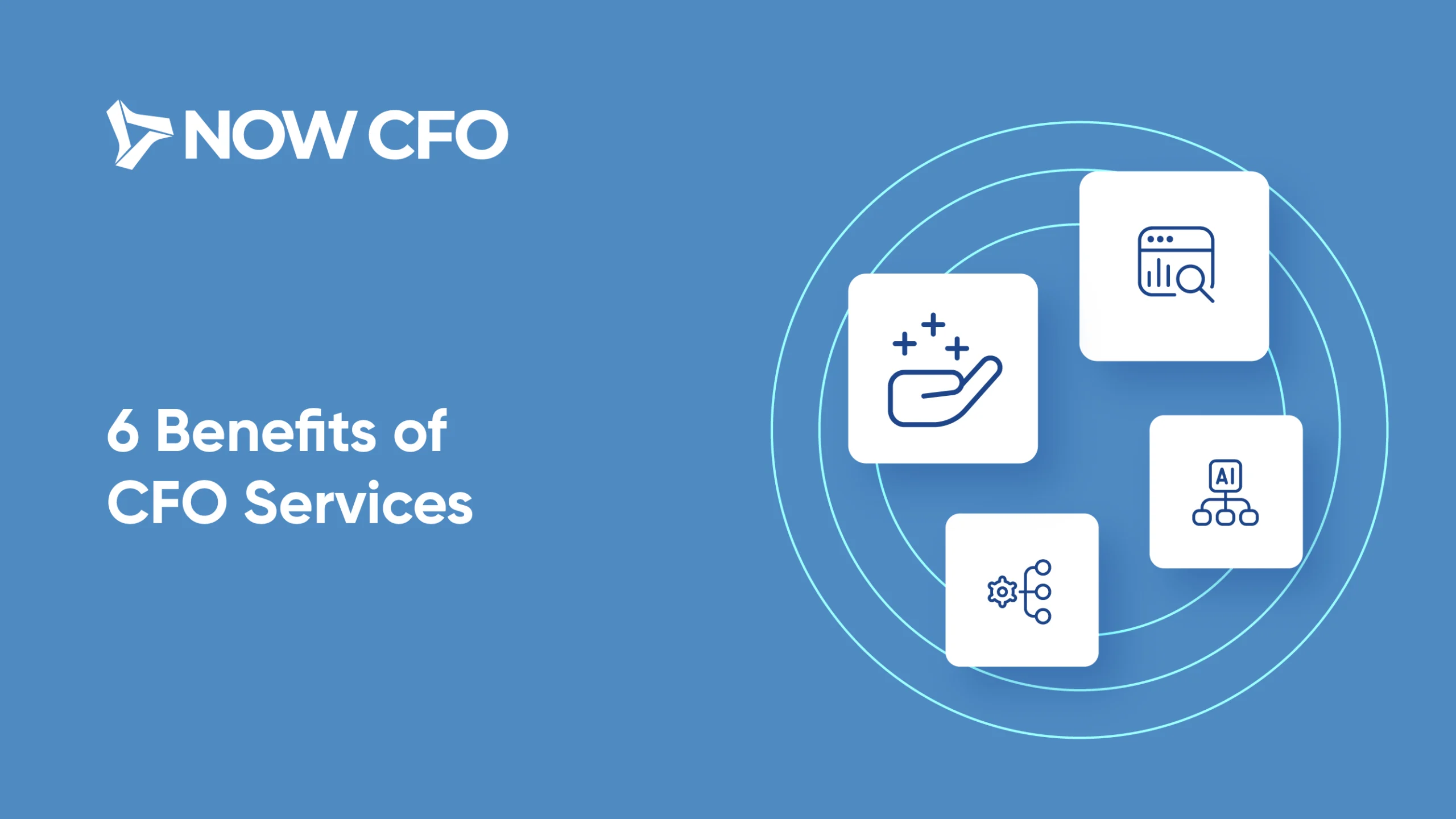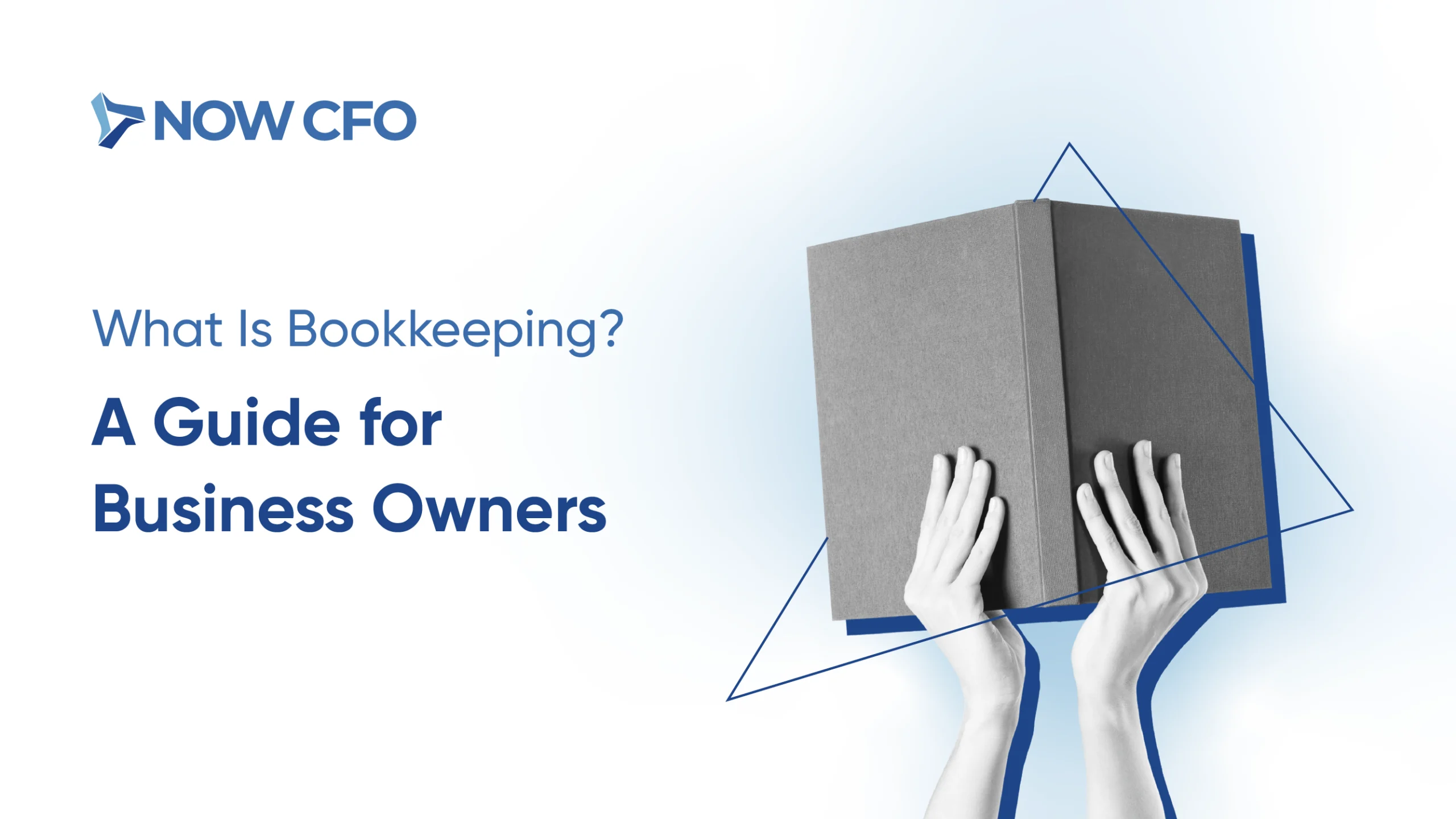
The Importance of Business Credit Score
Credit scores are pivotal in navigating the business landscape, serving as a critical indicator of financial health and credibility. Understanding and mastering your business’s credit score can significantly enhance your chances of success, enabling you to secure financing on favorable terms, negotiate better deals with suppliers, and ultimately expand your operations.
Understanding Credit Scores
Credit scores are a crucial metric of financial trustworthiness for businesses, encapsulating the risk a lender may take when offering credit. A range of factors shapes these scores, each contributing to the overall evaluation of creditworthiness:
- Payment History: The cornerstone of your credit score and payment history reflects your punctuality in clearing bills and debt obligations. This factor is critical because it directly signifies your reliability in repaying borrowed funds. A pattern of late or missed payments can severely damage your credit score, while consistently meeting payment deadlines can enhance it.
- Credit Utilization: This metric evaluates how much credit you actively use out of your total. High utilization rates suggest potential overleveraging to lenders, indicating that a business is at a higher risk of defaulting. A lower utilization rate—ideally under 30%—demonstrates prudent credit management and financial stability.
- Length of Credit History: A longer credit history provides a more extensive track record of your financial behavior, offering creditors a clearer view of your long-term financial habits. This history includes the age of your oldest and newest accounts and the average age across all accounts. These rewarding businesses have maintained credit accounts over longer periods.
- New Credit: Opening several new credit accounts in a short timeframe can be perceived as risky by lenders, as it might suggest financial distress or an overreliance on credit. This is also reflected in the number of hard inquiries on your credit report, where excessive inquiries can negatively impact your score.
- Types of Credit in Use: The ability to responsibly manage a mix of credit types—installment loans, credit cards, and retail accounts—can positively influence your score. This diversity indicates to lenders that you can handle various credit products, suggesting a lower risk profile.
The Importance of Credit Scores in Business Financing
Credit scores are:
- A fundamental component in the financial landscape for businesses
- Influencing access to financing
- The cost of borrowing
- The terms of credit agreements
Their importance cannot be overstated, as they directly impact a business’s ability to grow, invest, and manage cash flow effectively:
- Loan Application Evaluations: When a business applies for a loan, its credit score is the first aspect lenders examine to gauge creditworthiness. A strong credit score suggests financial responsibility and a low default risk, making the application more likely to be approved. Conversely, a lower score can lead to rejection or the need for additional guarantees, such as collateral.
- Interest Rates and Loan Terms: The interest rate on a loan is directly influenced by the borrower’s credit score. Higher scores often secure lower interest rates, lowering total borrowing costs. Furthermore, favorable loan terms—such as longer repayment periods or more flexible repayment schedules—are more readily offered to businesses with strong credit profiles. In essence, the better your credit score, the more negotiating power you have regarding your financing terms.
Strategies for Improving Your Business Credit Score
Improving your business credit score is a strategic process that can open up new financing opportunities, enhance your terms with suppliers, and position your business for growth. By focusing on key areas, businesses can effectively elevate their creditworthiness:
- Establishing Credit History: For new businesses or those without a well-established credit history, it’s crucial to begin building one. This can be done by opening business credit accounts with suppliers that report to credit bureaus, using business credit cards responsibly, and ensuring any loans or lines of credit are in the business’s name. Establishing credit early helps create a financial track record that reflects the business’s ability to navigate debt.
- Improving Payment History: Timely payment of all financial obligations is the most effective way to improve a credit score. Setting up payment reminders or automating payments can help ensure that bills, loans, and other credit obligations are paid on or before their due dates. Over time, a consistent record of timely payments will significantly boost your credit score.
- Managing Credit Utilization: Keeping credit utilization low demonstrates to creditors that you need to be more active on credit for operational expenses. Maintaining a utilization ratio below 30% is recommended. This can be achieved by paying down existing balances and judiciously using credit facilities.
- Diversifying Credit Types: A mix of credit types, including trade credit, credit cards, installment loans, and lines of credit, can positively impact your credit score. It shows lenders that you can handle various forms of credit responsibly. However, it’s important only to take on new credit when necessary and when you’re confident in your ability to manage it.
- Handling Disputes and Inaccuracies: Regularly reviewing your credit report for inaccuracies and promptly disputing errors is crucial. Inaccuracies can unfairly lower your score and impact your ability to obtain credit. Engage with credit bureaus and creditors to correct errors, providing documentation to support your disputes.
Leveraging Your Credit Score for Business Growth
A robust credit score is not just a metric of your business’s financial health; it’s a pivotal asset that can be strategically used to fuel expansion, improve operational efficiencies, and secure competitive advantages. Here’s how you can leverage a good credit score for your business’s growth:
- Securing Better Financing Options: A high credit score opens the door to a wider range of financing options with more favorable terms. Businesses can use lower interest rates, higher borrowing limits, and more flexible repayment schedules. This means you can access the capital needed for expansion or operational needs at a lower cost, directly impacting your bottom line and growth potential.
- Negotiating Better Terms with Suppliers: Beyond financing, a strong credit score can be leveraged in negotiations with suppliers to secure better payment terms. This could include longer payment periods or discounts for early payment, which can improve cash flow management. Better terms with suppliers enhance your operational efficiency and strengthen relationships with key partners in your supply chain.
- Expanding Through Credit and Financing: With a good credit score, businesses are better positioned to pursue growth opportunities, such as launching new products, entering new markets, or acquiring complementary businesses. Financing from a solid credit score can support these initiatives, providing the necessary resources to invest in research and development, marketing, or capital expenditures without straining operational finances. A good credit score can be instrumental when exploring strategic partnerships or investment opportunities. It signals to potential partners and investors that your business is financially stable and a reliable entity to engage with, thereby enhancing your attractiveness as a business partner or investment prospect.
- Utilizing Credit for Emergency Preparedness: A strong credit score also means quickly accessing funds in unforeseen circumstances, allowing your business to remain agile and responsive in volatile market conditions. This preparedness can be a significant advantage, enabling your business to navigate challenges more effectively than competitors.
Credit scores are more than just numbers; they are reflections of your business’s financial integrity and potential. By mastering the art of managing credit scores, you can unlock new avenues for growth and success in the competitive business world.
Do you need help strategizing how to improve your business’s credit score? Contact a NOW CFO specialist for more information.
Get Your Free Consultation
Gain Financial Visibility Into Your Business
We provide outsourced CFO, fractional CFO, and temporary CFO, Internal Controller, and operational Accounting services that suit the needs of your business.
- Hourly Rates
- No Hidden Fees
- No Long Term Requirements
NOW CFO provides the highest level of expertise in finance and operational accounting to accelerate results and achieve strategic objectives for sustainable growth and success.
After completing the form, a NOW CFO Account Executive will reach out and learn more about your needs so that we can pair you with the right Partner.
Learn More: Financial Current State Analysis










